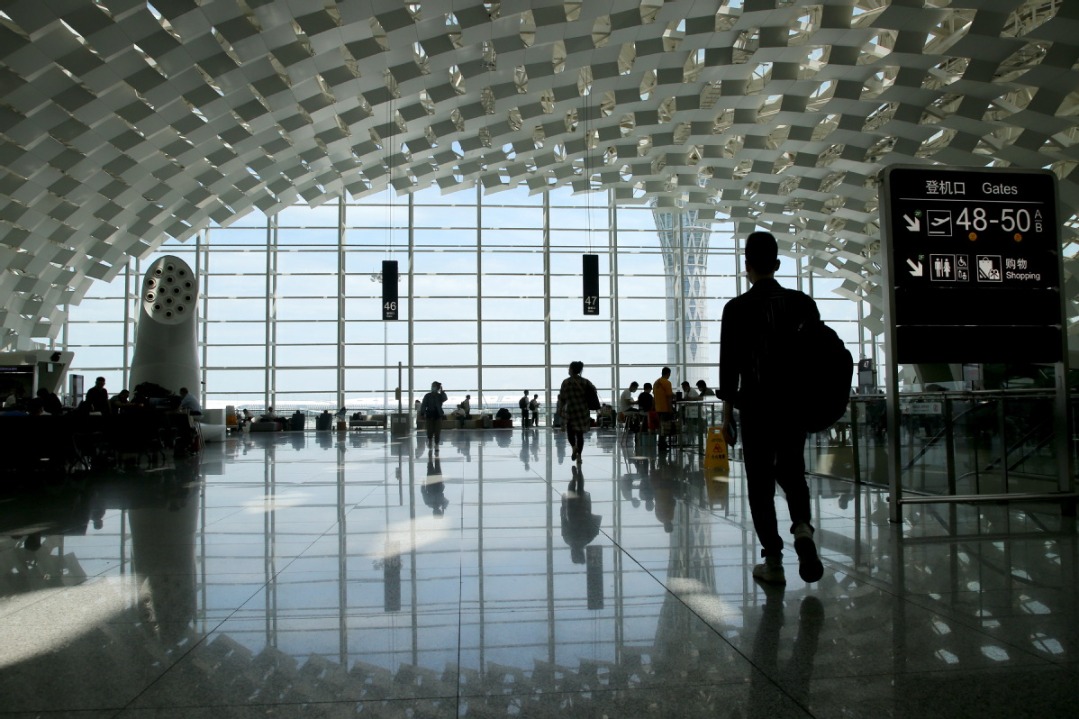FDA bans malaria drugs for coronavirus

The US Food and Drug Administration, or FDA, said on Monday it is revoking its approval for the emergency use of two anti-malaria drugs promoted by US President Donald Trump to fight COVID-19, and Trump said on Monday that he won't be "shamed" into canceling or postponing his campaign appearance in Tulsa, Oklahoma, on Saturday.
The FDA said that hydroxychloroquine and chloroquine were "unlikely to be effective in treating COVID-19" and that after reviewing data, it determined that the drugs, particularly hydroxychloroquine, didn't demonstrate potential benefits that outweighed the risks.
"It certainly didn't hurt me," Trump replied on Monday when asked by the media about the FDA's withdrawing the emergency authorization for the drug's use.
White House physician Sean Conley had released a memo in May that said that after discussing evidence for and against hydroxychloroquine with Trump, they concluded "the potential benefit from treatment outweighed the relative risks".
In March, the FDA issued the emergency use authorization, or EUA, for the drugs. The EUA meant that doctors would be allowed to use them on patients hospitalized with COVID-19 even though the medications hadn't been formally approved by the agency for that disease.
A month later, it warned against taking the drugs to treat COVID-19 outside a hospital or formal clinical trial setting due to the risk that the drugs could cause heart arrhythmias.
According to a letter revoking the FDA's authorization, written by Denise M. Hinton, the FDA's chief scientist, the request to do so came from the Biomedical Advanced Research and Development Authority, a unit of the Department of Health and Human Services in charge of supplying treatments in public health emergencies.
In addition, the agency warned healthcare providers about a newly discovered potential drug interaction related to remdesivir, the only other drug the FDA had authorized to treat COVID-19.
After reviewing new information from large clinical trials, the FDA believed the suggested dosing regimens "are unlikely to produce an antiviral effect", Hinton wrote in a letter announcing the decision.
Tulsa rally
The Tulsa rally is Trump's first in more than three months. Oklahoma is a reliably Republican state that Trump carried by more than 36 percentage points in 2016, more than doubling the vote the total of his Democratic rival Hillary Clinton.
The rally comes amid signs that the US could be headed for a resurgence of the coronavirus pandemic as health officials nationwide sound the alarm about a spike in cases amid reopenings, street protests and reports of people flouting social distancing guidelines.
The event was originally scheduled for Friday. But Trump moved the date after criticism for planning a rally on Juneteenth-a day commemorating the end of slavery in the US.
Local Juneteenth celebrations had already been canceled before the Trump rally was announced.
Today's Top News
- Greece hoping to lure expat workers home
- EU preparing to push up price of short-stay visas
- The bear who won over the world
- Summit a key moment for China-EU ties
- Unstable political landscape seen in Japan amid election
- Intl unity in fighting fascism recalled






























